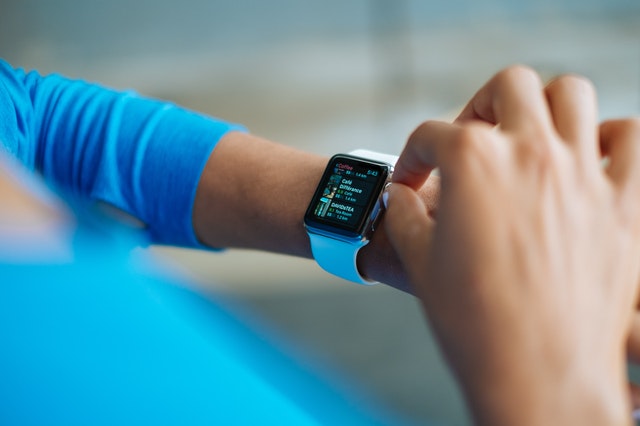Ah, technology! We love to hate it, but we hate to function without it. If your smartphone keeps track of your screen time, you probably noticed that you spend, on average, between three and five hours of your day looking at your screen. Shock! Horror!
But in reality, before jumping on the digital detox wagon, you might want to caveat this finding. Yes, people do spend a lot of time using technology. The reason, however, is simple: Technology is an integral part of our day-to-day lives. Ultimately, considering smartphone results only, most people use their phones to check the news, perform everyday transactions – such as booking a restaurant table or paying for their car park –, reading their emails, and catching up on their fitness routine, for instance. In other words, not all screen time is idle time. However, it’s crucial to introduce detox time if you notice that your mental health is at risk.
Nevertheless, while we tend to consider technology as a growing risk that can affect our well being, very few of us think how valuable data could be to our peace of mind. Indeed, technology doesn’t have to be synonymous with the representation of a dystopian future. What if our favorite tools could vouch for us – rather than destroy us?
But data can help you to prove your point in court
While most people tend to be suspicious of tools and systems that record their data, there is no denying that having a traceable data history can become a powerful instrument too. Indeed, imagine you’ve been wrongly accused of a crime you haven’t committed. While there is no Sherlock Holmes available to jump to your rescue, you can consult computer forensics specialists to demonstrate your online activities. Computer evidence can be used in court, which can prove useful to explain your interest in suspicious topics, for instance – if you’ve been tasked with an academic essay that can be recovered on your computer. Additionally, it can also display the time and date of online access, which can help to cross-verify your innocence, for example.
Data can encourage you to get better
Can you go anywhere without your Fitbit wristband counting your steps? Fitness gadgets are popular among gym-goers and sports enthusiasts. While it’s fair that people can work out without keeping track of their calorie expenditure or effort, monitoring your results can become a source of motivation.
Indeed, fitness trackers don’t make you fitter or stronger, but they give you the information you need to improve your results. If you have a specific goal in mind, such as running a marathon, tracking your data can help you to design more productive training sessions. Of course, there is no need to keep a record of your workout performance to become stronger or fitter.
However, being in the know acts as motivation. Additionally, most tracking devices let you share your positive results and provide virtual rewards to keep you motivated.
Digital proof you are who you say you are
Are you as good as you say you are?
This is the question that most recruiters ask when they come across the resume of a suitable applicant. They’ve got a few methods to check upon your professional claims, including getting in touch with former coworkers and employers. However, the preferred approach is to read the recommendations and endorsements on your LinkedIn profile.
If you were wondering whether these were useful, you need to understand that most hiring managers perceive them as proof of your skills. However, it’s fair to note that having no recommendations is not a deal breaker, as recruiters are aware that not everyone is an active LinkedIn user. Nevertheless, professional recommendations hold some weight in the final decisions. They are a testimony of your skill set and performance.
Can you change your data?
Does it mean that everything that you find online is valuable data? Unfortunately, not all digital information can be trusted. Indeed, you need to know that data can be manipulated. While the typical hacker access confidential data to steal and resell the information, it’s fair to say that some hackers have demonstrated a lot of creativity.
You can actively modify digital data, such as changing someone’s name or date of birth. As a result, it’s important to bear in mind that, as long as hacking continues to represent a significant risk in the online world, technology can also lie on your behalf.
In conclusion, it’s hard to tell whether you can trust technology or not. Ideally, you can use recorded data for the greater good, whether it is to protect yourself in court – or find criminals – or motivate yourself to get better. However, the most harmful threat about technology is not the tools you use, but the way people choose to use them. We, the people, remain a threat to each other, even in the tech world.

